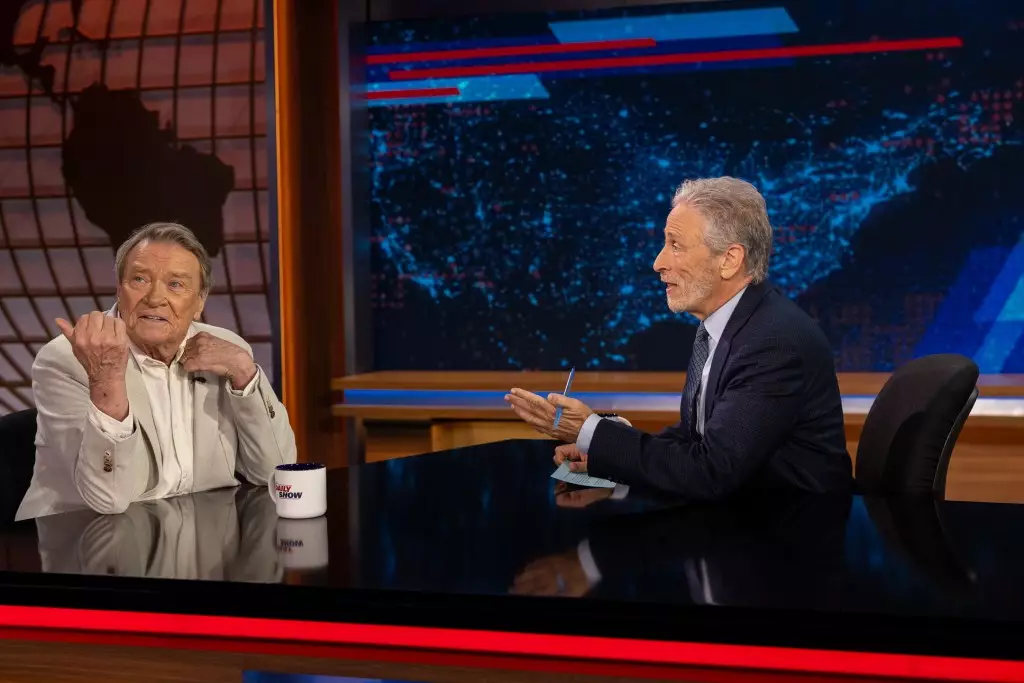In a time when transparency is heralded as the backbone of democracy, corporate actions often tell a different story. The recent multi-million-dollar settlement paid by Paramount Global to Donald Trump exemplifies a disturbing trend — the prioritization of financial expediency over justice and integrity. This hefty payout, ostensibly to resolve a lawsuit over a doctored interview, reveals the darker motives lurking behind corporate decision-making. Rather than fighting to uphold journalistic standards and integrity, the network chose silence, apparently valuing its financial interests over safeguarding its reputation and ethical commitments.
This decision manifests a troubling willingness to capitulate rather than confront. Paying millions to settle implies an admission of guilt or, at the very least, an acknowledgment that challenging the claim might be more damaging and costly than compliance. It underscores a broader erosion of accountability within powerful media conglomerates that wield enormous influence over public discourse. The implications are profound: when large corporations prioritize financial salvation over defending principles, they send a corrosive message that unethical behavior can be bought away with a hefty check, chilling the integrity of journalism and media.
The Political and Ethical Implications Behind the Payoff
The fallout from this settlement stretches far beyond the monetary figure. It raises critical questions about the intersection of media, politics, and corporate influence. When a major network such as Paramount succumbs to the pressure of a contentious figure like Donald Trump, it signals a troubling capitulation to political power. The fact that the settlement appears to be strategically tied to potential mergers and FCC approvals hints at an insidious web of influence and avarice.
This form of corporate behavior is less about justice and more about self-preservation at the expense of truth. The suggestion that the payout was effectively protection money — a bribe to ensure pipelines of influence remain unchallenged — lays bare the fragile veneer of media independence. When powerful entities pay off or silence critics, the very fabric of democracy frays further, threatening to entrench a cycle where truth becomes subordinate to political expediency. Such decisions promote a dangerous precedent where corporate interests and political alliances thwart accountability, undermining the constitutional protections meant to serve the public interest.
The Role of the Media in Challenging Corruption
The insights from seasoned journalist Steve Kroft resist the comforting narrative that all corporate decisions are purely tactical. Instead, they expose a crisis within journalistic integrity. The fact that such a large settlement was viewed as “devastating” by credible reporters underscores the deep-rooted fear in media institutions of crossing powerful figures and losing their independence.
When the same network that claims the mantle of the “gold standard” in American news content pays hush money rather than confront its ethical dilemmas, it betrays the very audience it is meant to serve. Journalistic courage in the face of political and corporate intimidation is essential for a thriving democracy. The silence or acquiescence of influential outlets cements the powerlessness of the press, enabling unchecked manipulation at the highest levels. If mainstream media surrenders to payoffs, democracy itself is compromised. Transparency becomes an empty promise, and the public’s right to truthful information diminishes, endangering the pillars that sustain democratic governance.
The Ethical Cost of Corporate Complicity
Ultimately, the decision by Paramount to pay a sizable sum in exchange for silence reveals a profound ethical failure. It is an act that signals willingness to sideline the truth for the sake of corporate convenience and strategic mergers. This compromises the very essence of journalism — a watchdog for society and a defender of accountability. When corporate interests subordinate integrity, the consequences ripple outward: public trust diminishes, political cynicism deepens, and the fabric of an informed citizenry begins to fray.
The settlement also highlights the subtle yet powerful influence of money in shaping public narratives. Such actions serve as a stark reminder that in a corporate environment driven by profit and strategic alliances, ethical considerations are often the first casualties. If prominent media entities choose silence and financial appeasement over scrutiny and confrontation, they abdicate their role as guardians of truth and become accessories in the erosion of democratic values.
This case isn’t just about one lawsuit or one Hollywood corporation; it’s a reflection of where our media and political systems stand today. The quiet capitulation sets a dangerous precedent, suggesting that silence, money, and strategic compromises are the new currency of power. For society to truly thrive, it needs media institutions willing to challenge, expose, and stand firm in the face of corruption. Anything less not only diminishes journalistic integrity but threatens the very foundation of democratic governance.
